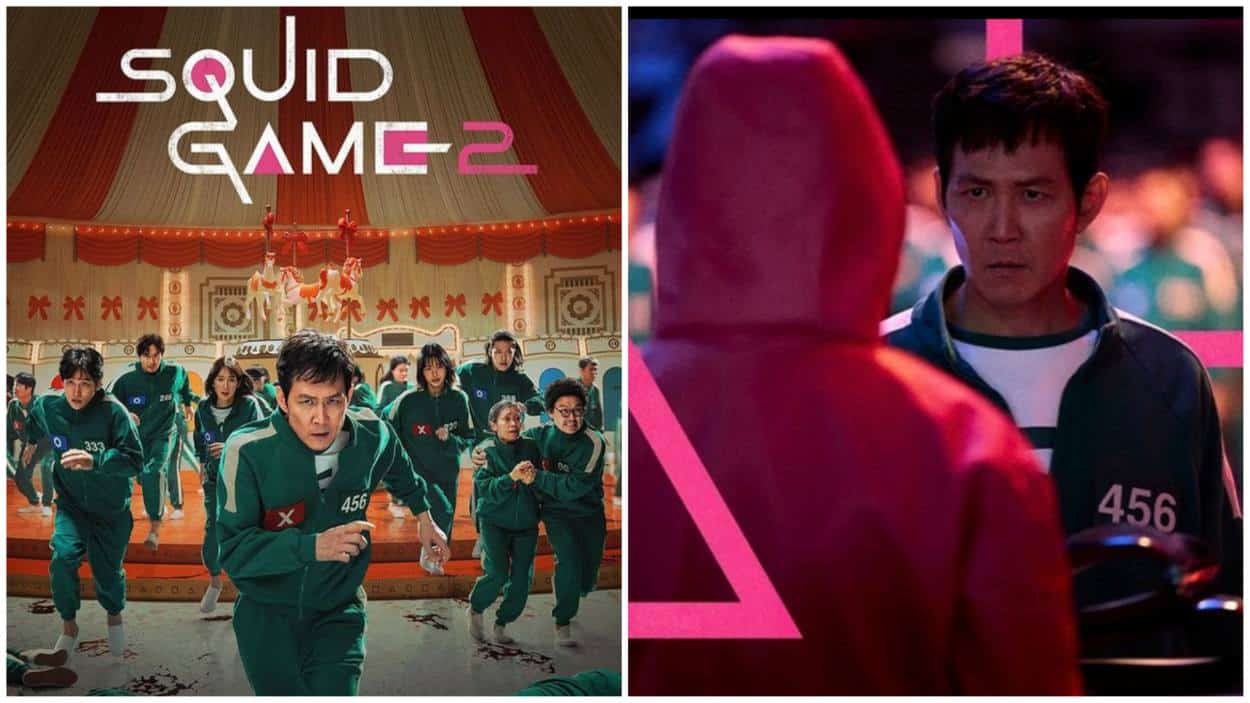Netflix’s hit series Squid Game, known for its dystopian depiction of desperate individuals competing in deadly children’s games for a cash prize, has its roots in actual events. While the show is fictional, its creator, Hwang Dong-hyuk, drew inspiration from the violent 2009 Ssangyong strikes for the main character, Gi-hun, a laid-off worker.
In May 2009, the automotive giant Ssangyong, overwhelmed by financial woes and under new management by a consortium of banks and private investors, announced layoffs impacting nearly 40% of its workforce, totalling over 2,600 employees. This sparked a 77-day factory occupation and strike that escalated into violent confrontations. Strikers, armed with slingshots and steel pipes, clashed with riot police equipped with rubber bullets and tasers.
Let the new games begin.
Squid Game Season 2 ⏺️ 🔼 ⏹️ DECEMBER 26 pic.twitter.com/1AcTYwijzk
— Netflix (@netflix) November 26, 2024The strike’s violent episodes left many union members severely injured, some jailed, and others impacted by long-lasting psychological and financial distress. This strife culminated in a dramatic 100-day sit-in by union leader Lee Chang-kun atop a factory chimney, enduring harsh conditions to protest the treatment of the strikers. The aftermath of the conflict saw approximately 30 workers’ deaths, attributed to suicide and stress-related complications.
‘Squid Game’ returns looking for win with season 2https://t.co/ORpwLaaBcX pic.twitter.com/Bk2Hrm4vi0
— The Washington Times (@WashTimes) December 24, 2024Lee, reflecting on the traumatic events, shared how these hardships resonated with the themes in “Squid Game,” particularly the struggles of Gi-hun. However, he expressed disappointment that the show’s success did not lead to substantive changes for workers in South Korea, a country grappling with economic inequality and polarized politics.
Masked men from the hit series Squid Game showed up pitch side at half time during Tottenham vs. Liverpool 😅 pic.twitter.com/2k1JttdZ1R
— ESPN UK (@ESPNUK) December 23, 2024Cultural experts note that the series’ backdrop of state and corporate violence mirrors South Korea’s broader societal challenges. This narrative of enduring hardship under oppressive conditions echoes the nation’s contemporary cultural outputs, which have gained global recognition.
As South Korea contends with significant political unrest, including recent actions by conservative President Yoon Suk Yeol, the echoes of past struggles remind us of the ongoing battle against state and corporate overreach. The real-life events behind “Squid Game” underline the profound impact of such conflicts on individual lives and national discourse, stressing the need for vigilance and reform in addressing systemic injustices.






